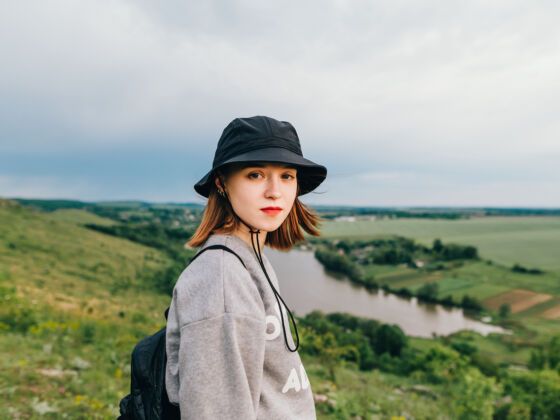The wet season starts to creep up around us as the jeep rumbles over an ancient cattle grid. We’re in the old Tribal Trust Lands now, where the hyparrhenia grass grows taller than the car and years of splashing rain have left tidemarks of red earth on the walls of lonesome bottle stores.
Pa is watching it all slip by. My old pediatrician is behind the wheel and without warning she swings the car off the tarmac and onto a dirt road. Our family friend Lyle reaches for the grab handle to steady himself.
